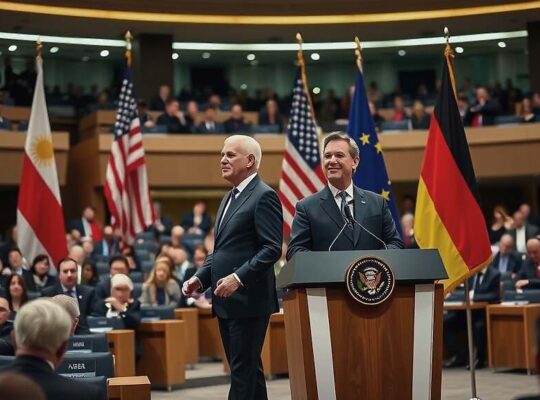The decision by Germany’s ruling coalition to finance the care insurance deficit with increased borrowing has drawn sharp criticism, raising concerns about the long-term financial stability of the nation’s social safety net. Andreas Storm, CEO of the DAK-Gesundheit health insurance fund, condemned the move as unsustainable, warning that the system is already demonstrably unable to manage its debt given ongoing demographic pressures.
Storm’s critique, shared with the Redaktionsnetzwerk Deutschland, highlights a fundamental misunderstanding, or perhaps deliberate avoidance, of the underlying issues plaguing the care insurance system. He argues that loans to social insurance bodies should be reserved for exceptional circumstances, like short-term liquidity crises stemming from unforeseen events such as the COVID-19 pandemic. The planned repayment schedule, commencing in 2029, he contends, will only exacerbate existing financial problems in the immediate future.
Adding fuel to the fire, Storm challenged the government to prioritize the repayment of a €5.2 billion debt owed to the care insurance fund by the federal government, stemming from the pandemic era. He argues that settling this existing obligation would be a more prudent and responsible approach than resorting to further borrowing.
His assessment extends beyond the care insurance system, painting a picture of a broader crisis of fiscal responsibility. Storm points to the government’s recent decision to accrue €12 billion in loans across the statutory health, care and unemployment insurance systems within the first six months of their tenure. This unprecedented level of debt accumulation, he asserts, represents an “incredible debt tsunami” for social insurance, unparalleled in the history of the Federal Republic of Germany and demanding immediate and serious re-evaluation. The implicit accusation is that the government is prioritizing short-term political gains over the long-term solvency of vital social programs, potentially jeopardizing the well-being of future generations.












